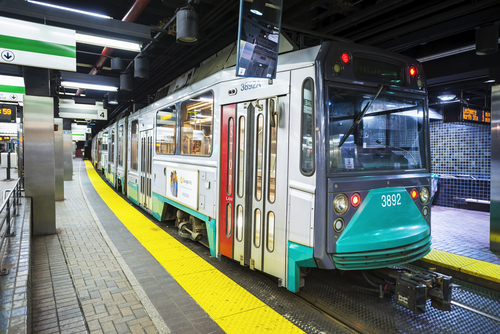
The Massachusetts Bay Transportation Authority will implement a series of public engagement efforts to get feedback from riders on what their services priorities are to make decisions about which transit-critical services to prioritize.
The public engagement effort will include a series of virtual public meetings, a public hearing, and an online comment form. MBTA will present their plan “Forging Ahead” to the public to show how it plans to preserve transit access and its quality of service.
“Equity demands that the MBTA focus its available resources on those who depend on us most for frequent and reliable service,” said MBTA General Manager Steve Poftak. “It’s critical we hear from our customers and stakeholders on the services that they need now or will need soon. This input will inform our efforts to identify core essential services – the buses, trains, vans, and boats that serve transit-critical populations and communities that rely on transit – and to realign service by prioritizing and preserving those services. This means we will need to reduce services where we have very few passengers, or are operating near-empty trains, and invest those savings into protecting the core essential services.”
MBTA said it started the Forging Ahead public engagement process as part of its response to low ridership in some areas, increased ridership in other areas, changes in service demand, and a projected budget gap resulting from the COVID-19 pandemic.
The plan will be announced on Nov. 9, after which the public meetings and hearings will take place. No changes in service are expected until the spring or summer of 2021.
“Given the continuing pandemic and economic dislocation, T ridership on some routes and services may not return to pre-COVID levels for a long time,” said Transportation Secretary and CEO Stephanie Pollack. “MassDOT and the MBTA are actively searching for other ways to replace lost fare revenue, such as using flexible federal dollars to minimize the operating budget impacts. But using limited resources to operate underutilized trains, ferries, and buses is not a responsible use of the money provided to the MBTA by riders, communities, and taxpayers.”
The public can comment online or participate in any of the virtual public meetings. Meeting details are available online as well.